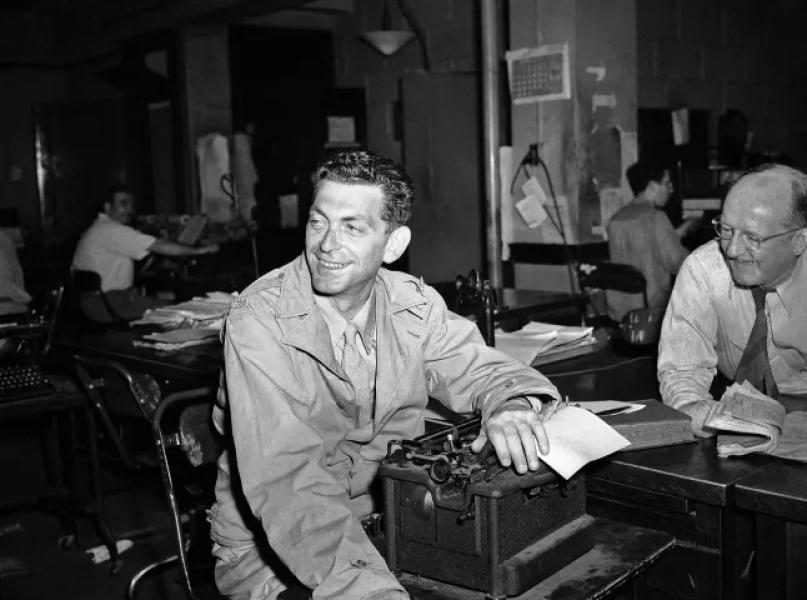
“This is Ed Kennedy in Paris. The war is over and I am about to announce: Germany has surrendered unconditionally.”
These words ended World War II in the West, but destroyed the life of the man who spoke them.
“It's official. Let the public know,” the then 39-year-old journalist concluded, instructing his Associated Press colleagues to send updated information by cable around the world on the afternoon of May 7, 1945.
In Reims, France, at 2:41 a.m., German representatives signed the act of unconditional surrender in the red brick schoolhouse that served as General Dwight D. Eisenhower's headquarters.
Among the 17 Allied correspondents present at the ceremony was Edward Kennedy, then the Associated Press's Paris bureau chief.
Sourse: metro.co.uk





